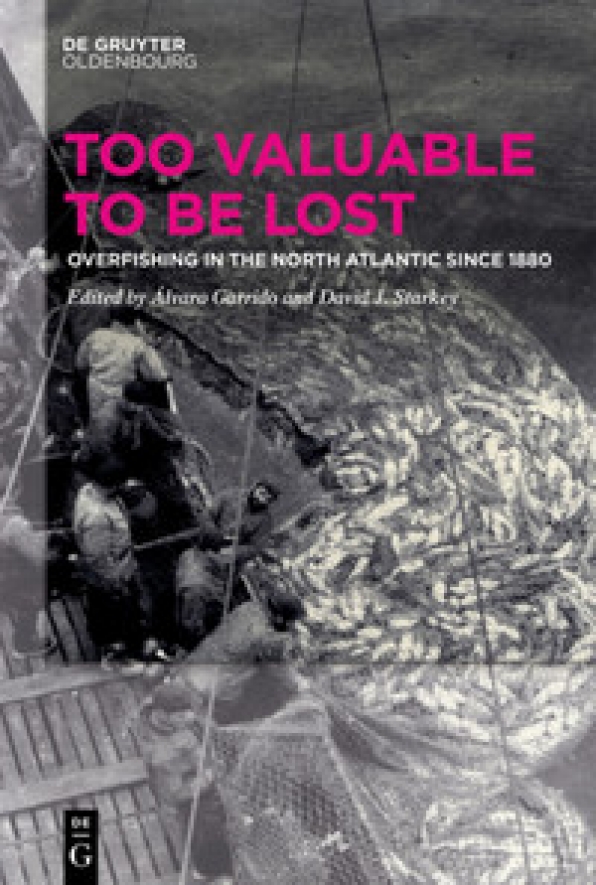Este mês – Parque Natural do Douro Internacional
Situado no nordeste português, o Parque Natural do Douro Internacional (PNDI), fundado em 1998, corresponde, grosso modo, ao troço fronteiriço (Portugal/Espanha) do rio Douro e do seu afluente, o Águeda, incluindo os seus vales e superfícies planálticas confinantes, numa extensão de cerca de 120 km. Ocupa uma superfície de aproximadamente 86.500 ha, abrangendo um território que inclui áreas pertencentes aos concelhos de Figueira de Castelo Rodrigo, Freixo de Espada à Cinta, Miranda do Douro e Mogadouro. Em conjunto com o
Parque Natural ‘Arribes del Duero’, em território espanhol (criado em 2002), o PNDI forma um dos maiores espaços protegidos da Europa, com uma superfície de 192.605 ha.
A parte setentrional deste parque é constituída por um extenso planalto, com altitudes que oscilam entre os 700 e os 800 metros. Aqui, as margens escarpadas, essencialmente graníticas, do vale profundo do rio Douro, formam desfiladeiros monumentais de grande espetacularidade. À medida que se avança para sul, o vale apresenta-se mais aberto, permanecendo as vertentes escarpadas, localmente conhecidas por “arribas”.
A vegetação é dominada pelos azinhais, sobreirais, carvalhais, zimbrais e giestais. Quanto à fauna, o PNDI assume-se, tanto no plano nacional, como no plano internacional, como uma das zonas mais importantes para a conservação de várias espécies, entre as quais, o abutre-do-egipto (símbolo do parque).
Sendo parque natural, nele residem cerca de 13.500 habitantes (INE, 2011), distribuídos por 46 povoações, desenvolvendo uma atividade agropecuária. Combina a cultura do cereal com a vinha e olivais. Cria-se gado, como raças autóctones de ovelhas e de gado bovino, a vaca Mirandesa. O pombo, abrigado nos tradicionais pombais, de arquitetura bem particular, faz parte da dieta do agricultor e enriquece a terra ao servir de fertilizante.
Mais informação em:
------------------------------------------------------------------------------------
This month – Douro International Natural Park
Located in the northeast of Portugal, the Douro International Natural Park, founded in 1998, covers the border region (Portugal/Spain) of the Douro River, and its tributary, Águeda river, in an extension of around 120 km. The Park comprises part of the municipalities of Miranda do Douro, Mogadouro, Freixo de Espada à Cinta and Figueira de Castelo Rodrigo. Together with the
Natural Park 'Arribes del Duero', founded in 2002 in Spanish territory, the Douro International Natural Park forms one of the largest protected areas in Europe, with an area of 192.605 ha (86.500 ha in Portugal; 106.105 ha in Spain).
The northern part of this park consists of an extensive plateau, with altitudes ranging from 700 to 800 meters. Here, the steep banks, essentially granitic, of the deep valley of the Douro River form highly spectacular and monumental ravines. As you move south, the valley is more open, with the steep slopes remaining.
The vegetation is dominated by sweet acorn oak, prickly juniper, cork oak and Pyrenean oak. As for fauna, the Douro International Natural Park is considered, both nationally and internationally, as one of the most important areas for the conservation of various species, namely Egyptian vulture (symbol of the park).
The National Park is home for about 13.500 residents (INE, 2011), spread over 46 villages, where they develop agriculture activities, combining cereal crops with vineyards and olive groves. These communities also raise cattle, especially native breeds of sheep and cows, such as the “Mirandesa” cow. The pigeon, nested in traditional lofts which present a peculiar design, is part of the farmer’s diet and fertilizes the soil.
More information at:








